Agriculture is one of the most fuel-dependent industries in the UK. Every stage of the farming process—from soil preparation and planting to harvesting and transportation—relies heavily on a consistent and dependable energy supply. Agricultural fuel suppliers form the foundation of this system, ensuring that farms receive the necessary fuels to power machinery, vehicles, heating systems, and essential equipment. Without them, even the most advanced agricultural operations would struggle to maintain efficiency and productivity.
The UK’s farming landscape is vast and diverse, encompassing large commercial farms as well as smaller family-run operations. Agricultural fuel suppliers cater to all these needs by offering high-quality fuels tailored for specific agricultural uses. Their expertise ensures that tractors, combines, and other heavy machinery run smoothly throughout the year. Reliable supply chains prevent costly delays, ensuring that farm activities can continue uninterrupted, regardless of weather conditions or seasonal demands.
Domestic diesel suppliers play a key supporting role in this ecosystem. They provide the diesel that powers much of the agricultural machinery used across the country. Together, agricultural fuel suppliers and domestic diesel suppliers create a seamless network that keeps rural areas functioning efficiently while supporting food production and the broader economy.
How Do Domestic Diesel Suppliers Support the Agricultural Sector?

Domestic diesel suppliers ensure that farms have continuous access to the fuel required for essential operations. Diesel is the lifeblood of modern agriculture—it powers tractors, harvesters, irrigation pumps, and backup generators. In rural regions where electricity and gas networks may not be as developed, diesel serves as a practical and cost-effective energy solution.
These suppliers take great care to maintain the quality and efficiency of their diesel products. By adhering to strict industry standards, they ensure that the fuel is clean, reliable, and suitable for high-performance engines. Domestic diesel suppliers also coordinate closely with agricultural fuel suppliers to plan deliveries based on the seasonal demands of farmers. During critical times like planting or harvesting, when machinery operates for extended hours, having a dependable diesel supply becomes more important than ever.
Moreover, the partnership between domestic diesel suppliers and agricultural fuel distributors enables smoother logistics. They combine their resources and expertise to reach even the most remote farming communities, guaranteeing timely deliveries and consistent service. By working together, farmers won’t have to worry about running out of fuel during important farming operations, allowing them to concentrate on their primary tasks.
What Makes Agricultural Fuel Suppliers Reliable Partners for Farmers?
Agricultural fuel suppliers understand the seasonal cycles and challenges of the industry. They plan their operations around the unique needs of agricultural clients, offering flexible delivery schedules and fuel storage solutions that align with fluctuating demand.
Farmers rely on these suppliers not just for fuel but also for professional advice. Many agricultural fuel suppliers provide guidance on fuel efficiency, storage management, and environmental compliance. They also help farmers transition to cleaner fuel alternatives when needed. Through strong partnerships with domestic diesel suppliers, they ensure that every delivery meets high standards of safety, performance, and sustainability.
Technology has further improved the reliability of agricultural fuel supply. Modern suppliers use digital tools such as automated refilling systems, tank monitoring devices, and online ordering platforms. These innovations allow farmers to manage their fuel usage more effectively, ensuring that supply never runs out and operations remain smooth.
How Are Agricultural Fuel Suppliers Promoting Sustainability?
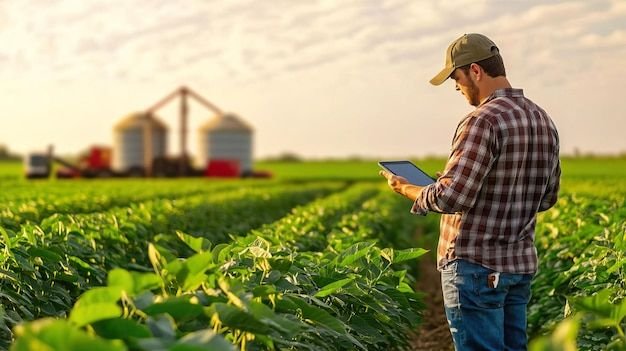
Sustainability is no longer optional—it is essential. As environmental awareness grows, agricultural fuel suppliers are adopting greener practices to help reduce the carbon footprint of farming operations. They are increasingly offering low-sulphur fuels, biodiesel blends, and other eco-friendly alternatives that align with the UK’s environmental goals.
Domestic diesel suppliers are also playing their part by improving refining processes and ensuring cleaner combustion in diesel engines. Some have begun investing in renewable diesel technologies that can deliver similar performance levels while producing fewer emissions. These developments allow farmers to transition gradually toward more sustainable energy use without sacrificing reliability or cost-effectiveness.
In addition, agricultural fuel suppliers are helping farmers implement better storage and fuel management systems to minimize waste and prevent contamination. This proactive approach ensures that every drop of fuel is used efficiently, supporting both environmental sustainability and economic savings.
How Do Fuel Suppliers Strengthen the Rural Economy?
Agricultural fuel suppliers and domestic diesel suppliers are deeply embedded in the rural economy. Their operations create employment opportunities in transport, logistics, sales, and maintenance, contributing to local economic stability. More importantly, they ensure that the agricultural sector—which remains a cornerstone of rural life—continues to thrive.
Reliable fuel access enables farms to operate smoothly, maintaining steady production levels that support food supply chains nationwide. The presence of dependable suppliers also attracts investment into rural regions, as businesses gain confidence in the stability of local infrastructure. Moreover, by offering cost management advice and flexible payment solutions, fuel suppliers help farmers navigate the financial pressures associated with fluctuating fuel prices.
The ripple effects of this support are significant. From ensuring local employment to stabilizing agricultural output, fuel suppliers play a central role in sustaining both economic growth and social well-being across the UK’s countryside.
What Does the Future Hold for Agricultural and Domestic Diesel Suppliers?
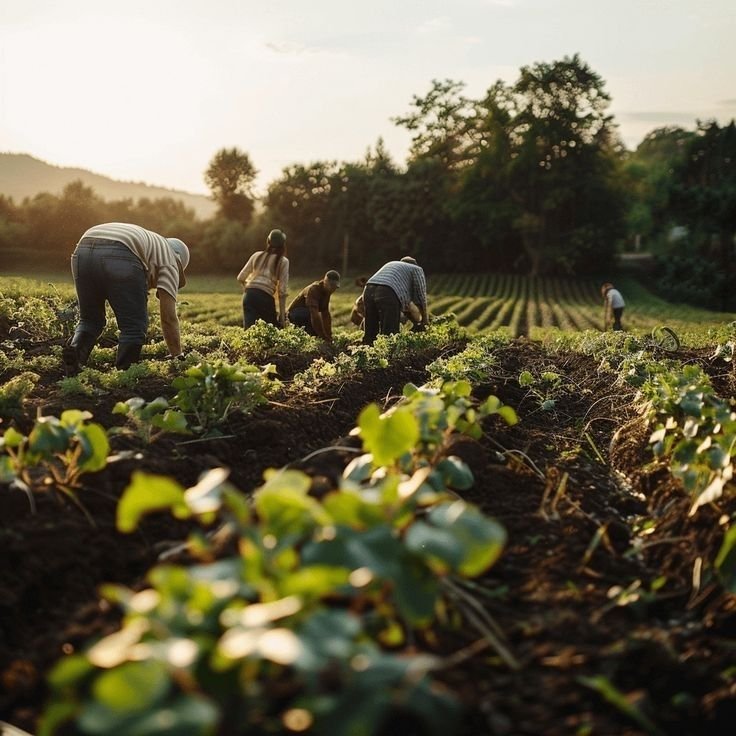
The future of agricultural fuel supply is evolving rapidly, shaped by technological innovation and environmental responsibility. Agricultural fuel suppliers are expected to continue diversifying their energy offerings, integrating more sustainable fuels and advanced logistics systems. Their collaboration with domestic diesel suppliers will remain crucial as both industries adapt to new regulations and cleaner technologies.
Smart fuel management solutions will likely become standard in the coming years. Automation, data analytics, and IoT-based systems will help suppliers monitor fuel levels, optimize deliveries, and predict demand patterns more accurately. These advancements will make agricultural energy supply even more efficient and environmentally friendly.
At the same time, renewable alternatives will gain traction. While traditional fuels like diesel will remain important for years to come, agricultural fuel suppliers will increasingly balance conventional energy with sustainable innovations.
Why Are Agricultural Fuel and Domestic Diesel Suppliers Indispensable?
Agricultural fuel suppliers and domestic diesel suppliers are the unseen heroes powering the UK’s agricultural success. Their collaboration ensures that farmers have the fuel they need to operate efficiently, regardless of external challenges such as weather disruptions or global market fluctuations.
By combining reliability, innovation, and environmental responsibility, these suppliers form the foundation of modern farming. They not only keep tractors running and barns heated but also sustain rural livelihoods, support national food production, and contribute to the UK’s long-term energy resilience.
In an industry where every hour of productivity counts, agricultural fuel suppliers and domestic diesel suppliers remain indispensable partners—fueling the growth, sustainability, and future of British agriculture.






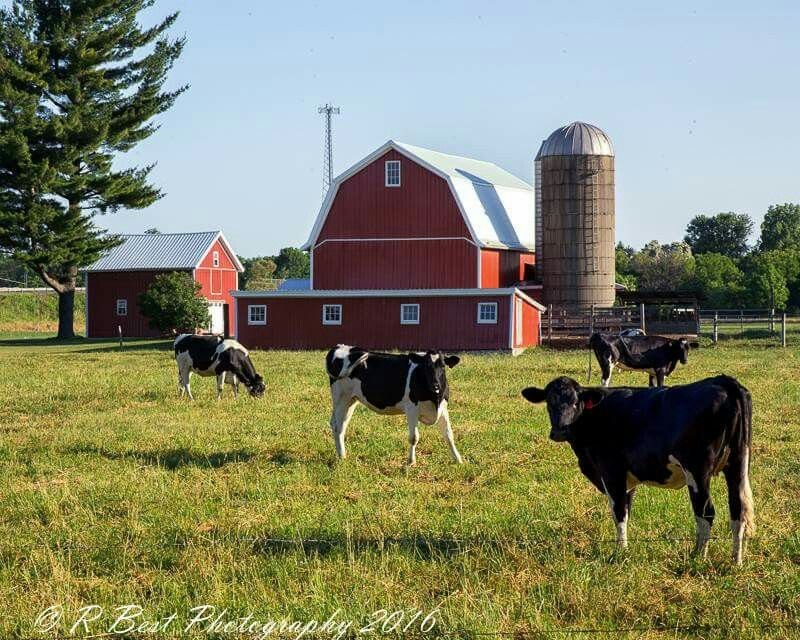
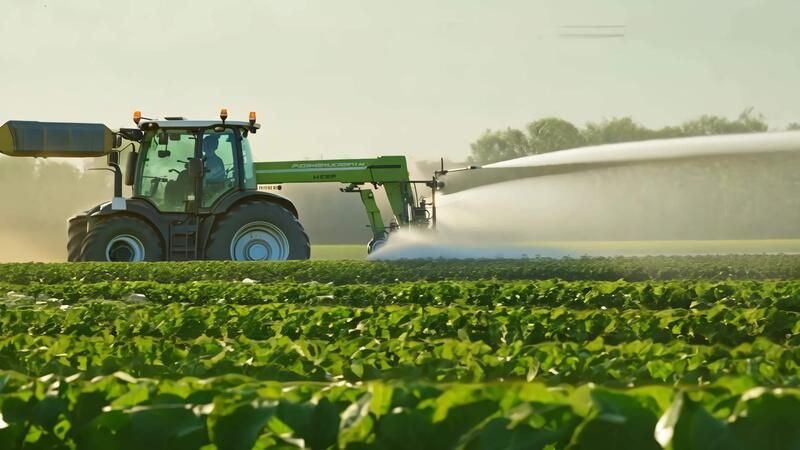



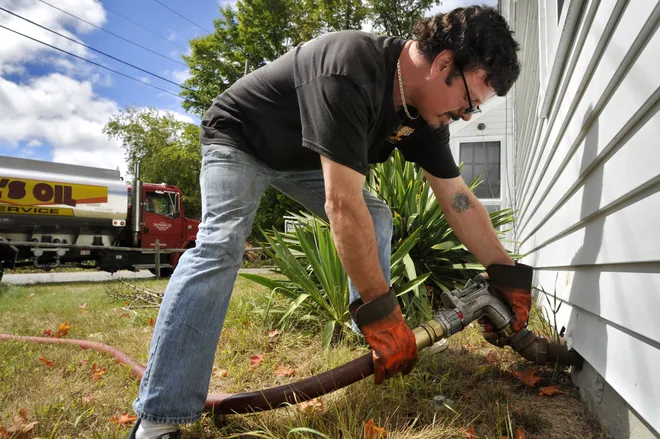



Leave a Reply